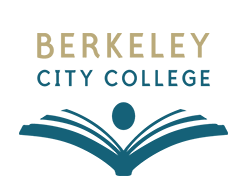Why does inquiry require a question?
Often, when we are working to fulfill some requirement or to achieve some goal, we do not stop to go deeper into the issues before us. We must give quick answers and solutions based on anecdotal data or on our hunches and intuitions. This is a normal way of approaching issues.
Inquiry allows us the room to wonder, to question, and to ask our students what they think. It opens a space for critical and creative thinking, for building our receptivity to ideas that may not match our own, and it allows us to change our minds. So, rather than come up with a solution after a long meeting, a strong inquiry question guides our discussions, our research, and our listening, so that eventually our thinking leads to thoughtful decisions, policies, and practices.
A good critical question:
- Should be something each team member feels interested in or about (at least to some degree);
- Should NOT be easily answered. While you may have a hunch, it will hopefully shed light on an issue or idea that has been unclear to you before;
- Should be something that forces your team to look beyond the surface;
- Should lead your team to interact with students (interviews, focus groups, surveys) and their work (tests, papers, freewrites, projects, presentations, etc.);
- Should be thorny or possibly controversial.

 Canvas
Canvas
 Donate
Donate
 Let's Talk!
Let's Talk!
